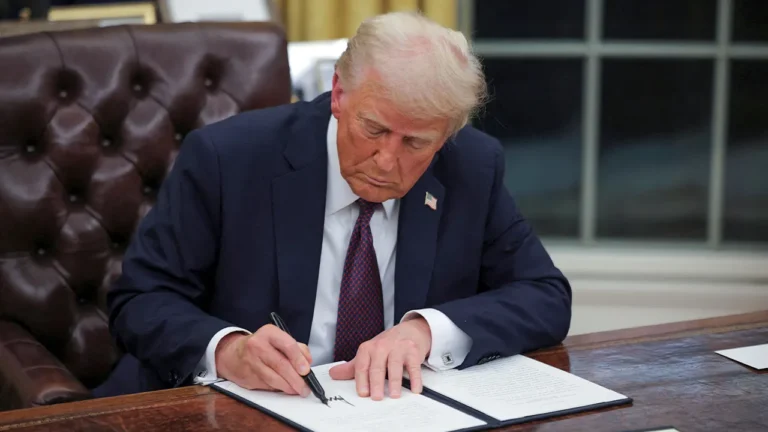Commentary from Jack Angel, Coalition for Healthcare Communication Education Foundation Executive Director
Oct. 25, 2016 – The Coalition for Healthcare Communication is dedicated to monitoring and resisting efforts by any organization, including our government, to restrict the free flow of truthful, scientific information. It is a fact that a great deal of scientific information flows through our government, often from corporations and institutions who generated the science. In some instances, this information can be lifesaving and should be disseminated as soon as possible, a task not as simple as it would seem.
In our world, the information delivery systems are not always smooth machines that arrange for instant delivery. We are very often dealing with critical information that has to be accurate. One of the tools used to control information distribution is the embargo system. Basically it prevents, through mutual agreement, the issuance of a body of information until a specific time and date.
Editorial embargoes are a fact of life. When a journal or organization has a very newsworthy story that it hopes will generate extensive readership, it will forward that story to the news media prior to publication but set an embargo date forbidding any use of the story until that specified time.
Embargoes are useful in several meaningful ways: (1) they level the playing field by allowing journalists the time they might need to prepare an important story; and (2) they reduce inaccuracies that may result from rushing to prepare an article in order to beat out the competition. This element of an embargo is especially important in today’s around-the-clock news environment.
Embargoes also help the source of the news better control the release of its information and also may give the source the time it needs to corral its experts to speak to the media. Although an embargo is not legally binding, it is an agreement between a source and a journalist or a media outlet that, if violated, tends to have a negative effect on that relationship.
In the case of journal articles, the journal editors obviously don’t want to get scooped by the competition if their story gets passed along or discussed prior to publication in the source journal.
This system is generally accepted by the media and seems fair to all … democracy in action.
But let’s dig deeper into the gray areas and see if we still come to the same conclusion in all cases.
- Suppose the originator of the article doesn’t send the article to everyone … just the elite media who will give the most credence to the story … Is that fair?
- Suppose the embargo says you can’t even check out other sources about the article as that may cause leakage and steal the journal’s thunder?
- And suppose this were a government agency dictating the terms under which the news media is receiving this information?
A recent article in Scientific American cites a case where the FDA practiced “close-hold” embargoing – whereby a select group of journalists agreed not to ask any questions of sources not approved by the government until after the embargo expired – even though it violates their own rules against the practice. Indeed, the article reports on some rather harsh treatment by FDA to outlets that violate their embargoes.
When our government is involved, taxpayers ultimately are the owners of the information, so shouldn’t that information be made available to all entities and shouldn’t the media have unfettered access to the experts? The independent publishing community would say, “Damn it, it is my property and I will choose how it is reported and delivered.” But government issued information meets a different standard.
Others might muse that the rules should be different under certain dire circumstances. For instance, if embargoed information centered on a meteor heading to earth or a new disease cure, would that justify different standards? A government bureau would probably say that important and vital new information must be controlled to avoid chaos or misinformation from spreading, stock markets from reeling, disruption of the law, etc. That seems reasonable.
But in many cases, government agencies hand-pick to whom they release information and restrict journalists from seeking input from external subject matter experts. In such instances, the embargo may serve not to level the playing field, but to give some outlets an unfair advantage. Therefore, we must consider whether taxpayer dollars should be spent in a fashion that could very well shade the impact of some very important information
An issue that appears on the surface to be a very logical and fair approach to the free enterprise system we live under becomes a bit murkier when we ponder these questions.
However, we should be mindful that embargoes also can narrow the scope of reporting and result in articles that do not benefit from countervailing views and developments leading up to the story.
Free enterprise should be FREE to conduct its affairs as it wishes, so long as it doesn’t violate the law. When it comes to our government, which is charged with the responsibility of protecting us, this freedom comes a bit more into question. It boils down to whether the government’s use of an embargo is for the good of the people or some bureaucratic advantage that holds no importance to the population at large.
As you may have guessed already, there is no right answer here, and in our digital world, with instantaneous information exchange, any rules are subject to change at a moment’s notice. But there are some principles here that deserve attention and concern.




